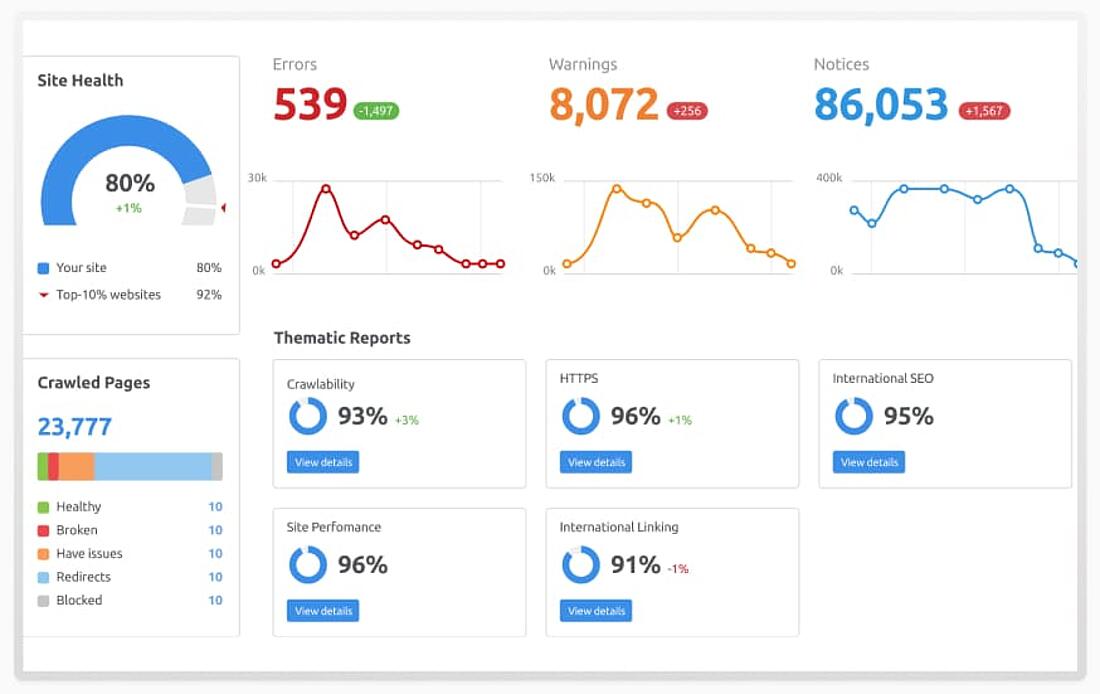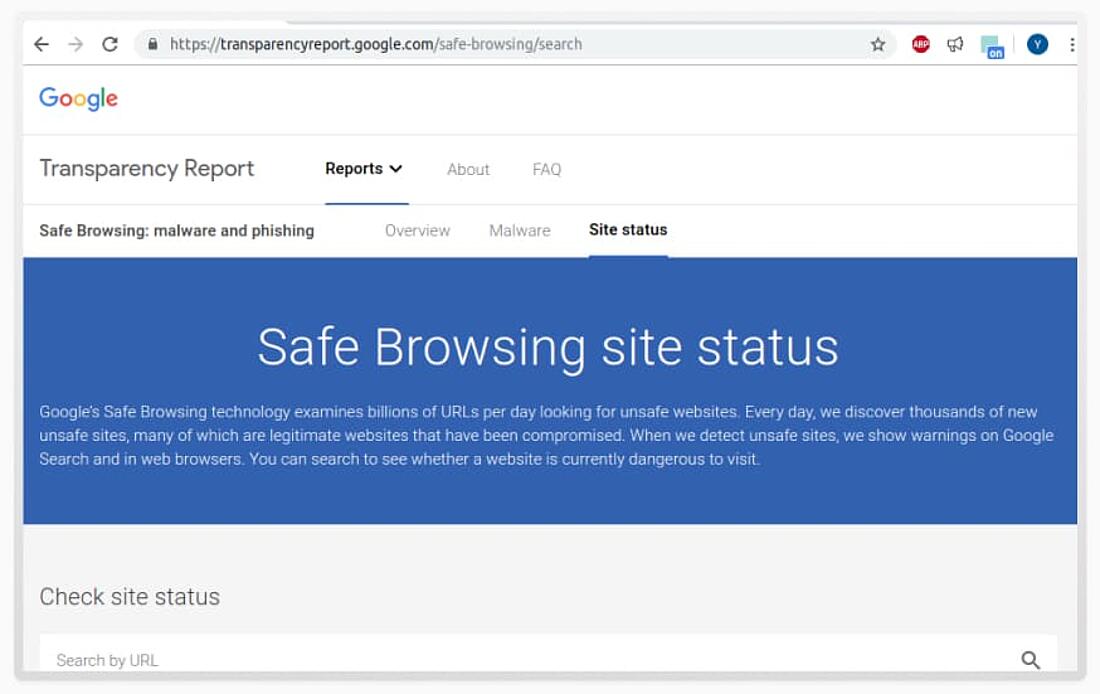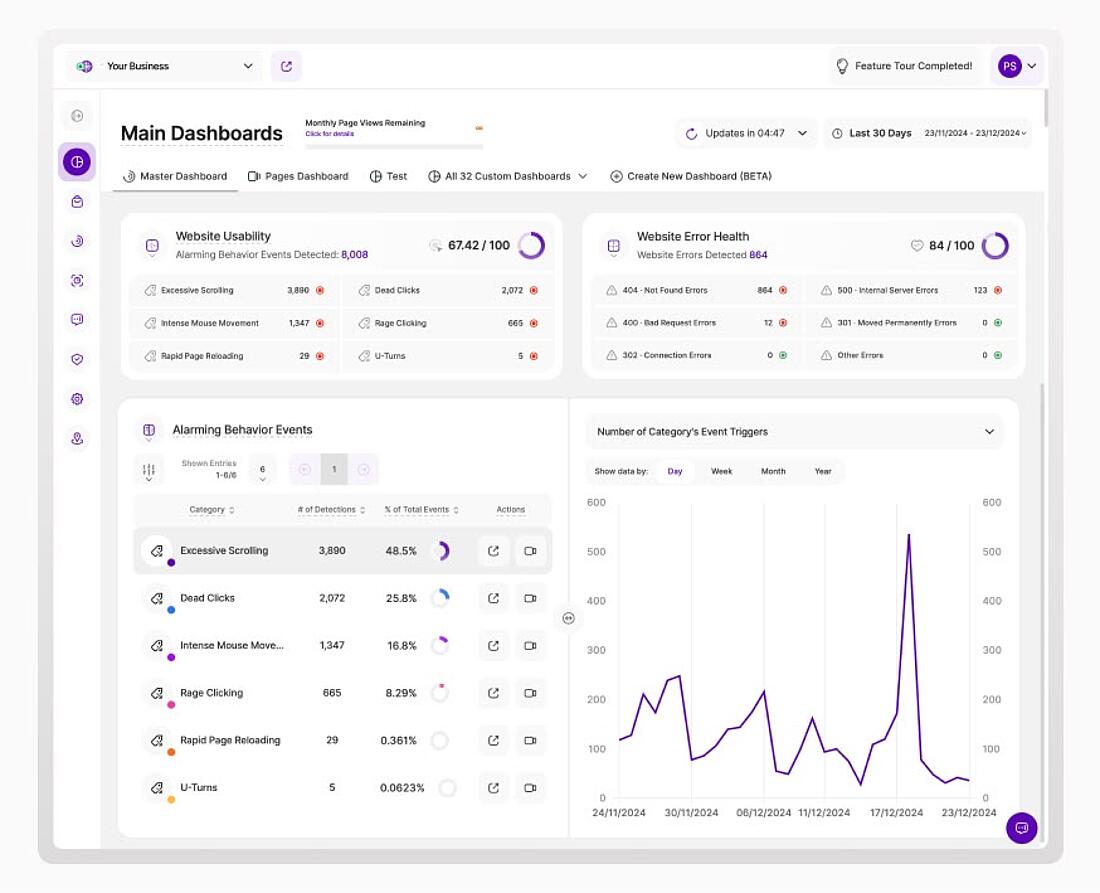- Why Us?
- Features
White Label
For SaaS Platforms & Agencies
Provide our complete analytics suite to your clients, directly within your own interface and with your/their own branding. Discover Analytics-as-a-Service and White Label Analytics. Great benefit, minimal effort.
- Pricing
- White Label
- Success Stories
- Resources
CONTENTS
- Why Website Credibility IS Your Digital Reputation
- Types of Website Credibility
- How to Spot a Trustworthy Website in 5 Seconds
- Red Flags
- Green Lights
- Quick Credibility Checklist
- Website Credibility and Data Privacy
- 10 Unmissable Factors That Make a Website Credible
- How TWIPLA Can Help With Website Credibility
- Closing Thoughts
- FAQ for Website Credibility
- What percentage of websites are trustworthy?
- What makes a website credible?
- How to tell if a website is credible?
Website Credibility: 10 Key Ways to Spot a Reliable Site

Make no mistake, the internet is a competitive marketplace where website credibility matters.
First impressions are formed in milliseconds and even seemingly minor website issues can deeply scar a business' reputation.
From professional design to secure data practices, every element of your site plays a role in establishing authority and reliability.
This blog explores the essential factors that make a website credible and how to ensure your online presence inspires confidence in every visitor.
Why Website Credibility IS Your Digital Reputation
Imagine walking into a store with cracked windows, dim lighting, and no visible signage. Would you trust it enough to step inside? Online, the equivalent of this scenario is a poorly designed website.
Your website’s credibility isn’t just a nice-to-have.
It’s the backbone of your digital reputation and one of the fundamentals you need to get right.
Seventy-five percent of consumers admit they judge a company’s credibility based on its website design, according to research from Kinesis.
First impressions form in the blink of an eye - or, more precisely, in just 50 milliseconds. That’s all the time it takes for a visitor to decide whether they trust your site enough to stay.
For small businesses, where 17% create websites specifically to establish authority (Clutch), getting that first impression right is critical.
Beyond aesthetics, trustworthiness matters because the digital landscape is crowded with credible and non-credible websites.
Missteps in design, content, or functionality can push you into the wrong category.
Whether you’re vying for customer attention or research citations, website credibility affects every interaction.
After all, nearly half of all users base their trust in a site on visual appeal, including layout, typography, and colors. This isn’t just about looking good; it’s about proving you’re reliable.
Credibility isn’t static.
As your audience grows savvier, their expectations rise. A website that’s credible today might feel outdated tomorrow without consistent updates and attention.
In a world where websites act as digital storefronts, maintaining credibility is an ongoing investment - one that pays off in trust, loyalty, and conversions.
Types of Website Credibility
→ Which One Are You?
Not all credibility is created equal. Your website might score high on one type while needing work on another. So, which kind of credibility defines your digital presence?
- Presumed Credibility: Visitors trust your site based on your brand’s reputation or what they’ve heard about you. For example, established brands like NASA don’t need to work as hard to prove their reliability.
- Reputed Credibility: This type comes from external endorsements. Think positive reviews, high ratings, or mentions by trustworthy websites. For instance, a blog that receives regular backlinks from high-authority sites gains reputed credibility by association.
- Surface Credibility: It’s all about appearances. Does your website look modern, professional, and well-maintained? Outdated fonts, clunky navigation, or a cluttered layout can erode this credibility in seconds.
- Earned Credibility: The hardest to achieve but the most rewarding. It stems from actual e. If visitors find your site easy to use and helpful, they’ll keep coming back - and they’ll tell others. Websites that consistently meet or exceed user expectations build earned credibility over time.
By recognizing which type of credibility your site excels at, you can better focus your efforts to round out weaker areas. A well-rounded site earns the trust of both new visitors and long-time users.
How to Spot a Trustworthy Website in 5 Seconds
Blink, and the moment’s gone.
Visitors have just seconds to determine if they’ve landed on a credible website. Here’s how they make those snap judgments - and how you can pass their credibility check.
Red Flags
- URLs that look suspicious or contain spelling errors, like "amaz0n.deals" instead of "amazon.com."
- Missing or outdated security certificates (look for the padlock in the address bar).
- Poor grammar, an unprofessional design, 4xx errors and other broken links.
- Overuse of pop-ups or aggressive advertising that distracts from the content.
- A lack of transparency, such as missing "About Us" pages or vague business information.
Green Lights
- Clear branding with consistent logos and color schemes.
- Contact information that’s easy to find and verifiable.
- Well written privacy policies and terms of service in plain view.
- Responsive design that works seamlessly on both desktop and mobile devices.
- Trust signals, like customer testimonials or third-party seals of approval.
Quick Credibility Checklist
- Does the URL look legitimate?
- Is the site’s design polished?
- Can you find who’s behind the website?
- Does the site load quickly without glitches?
- Are privacy and security clearly addressed?
If these basics hold up, the site’s reliability score rises instantly. First impressions matter, but consistency in maintaining these standards is what turns a good website into a trustworthy one.
Website Credibility and Data Privacy
Today, data privacy is more than a compliance requirement - it’s a cornerstone of website credibility.
Visitors want to know that their personal information is securely stored and handled responsibly. If your site lacks transparency about data collection and usage, you risk losing trust before visitors even engage with your content.
Privacy compliance with regulations like GDPR and CCPA not only protects users but also signals that your website respects their rights. Features like clear privacy policies, consent management, and secure browsing (HTTPS) are essential credibility markers.
By safeguarding data, you demonstrate accountability and earn the confidence of privacy-conscious users. After all, a trustworthy website prioritizes both user experience and the ethical handling of information.
10 Unmissable Factors That Make a Website Credible
Building a credible website takes more than ticking a few boxes. These ten factors work together to create an ecosystem of trustworthiness:
- Professional Design: Visuals matter. Choose clean layouts, balanced colors, and modern typography. A professional design conveys competence and care.
- Fast Loading Speed: Nobody trusts a site that takes ages to load. Studies show that slow loading times can increase bounce rates and diminish trust.
- Updated Content: Stale or outdated information makes users question your site’s relevance. Regular blog updates or news sections signal an active and engaged site.
- Secure Browsing: HTTPS encryption and visible trust badges reassure users. They show that data shared on your site is protected.
- User-Friendly Navigation: Intuitive menus and clear CTAs guide visitors effortlessly. A site that’s easy to navigate reflects thoughtfulness in user experience.
- Social Proof: Showcase reviews, testimonials, and social media engagement. Trust builds when visitors see positive experiences shared by others.
- Authority Signals: Link to credible sources and display industry certifications. Citing well-known authorities boosts your perceived reliability.
- Error-Free Content: Typos and broken links are trust killers. Even small mistakes can leave a bad impression.
- Accessible Contact Options: Give visitors multiple ways to reach you - email, phone, or chat. Easy access builds confidence.
- Transparency: Spell out your privacy policies, terms, and business practices clearly. Being upfront with visitors demonstrates honesty and accountability.
Master these elements, and you’ll have the foundation for a site credibility check that any visitor will trust. Remember, credibility isn’t a one-time achievement - it requires ongoing effort and adaptation.
How TWIPLA Can Help With Website Credibility
TWIPLA is your partner in establishing and maintaining website credibility.
With its suite of advanced tools, TWIPLA empowers you to understand your visitors’ behavior, improve user experiences, and ensure your site meets the highest standards of trustworthiness.
Here’s how:
- Behavior Insights: Tools like heatmaps and session recordings reveal how users interact with your site, allowing you to identify and fix potential credibility pitfalls like confusing navigation or overlooked CTAs.
- Privacy Compliance: TWIPLA’s cookieless tracking ensures data privacy without compromising analytics, keeping your site compliant with regulations like GDPR and CCPA while building trust with privacy-conscious users.
- Performance Monitoring: Real-time analytics help you keep your site fast, functional, and reliable, reinforcing your commitment to quality.
- Feedback Tools: Gather direct visitor feedback through surveys and polls to address concerns and demonstrate transparency.
- Custom Dashboards: Visualize key metrics that matter most to your credibility strategy, from bounce rates to visitor engagement.
By using TWIPLA, you’re not just tracking data - you’re building trust. Every insight becomes an opportunity to refine your site, ensuring it stands out as a credible, trustworthy destination for all visitors.
Closing Thoughts
Website credibility isn’t just about making a good first impression.
It’s about creating a lasting relationship of trust with your visitors. Whether they’re browsing for products, research, or services, your site’s reliability determines if they stay or leave.
By prioritizing professionalism, security, and transparency, you’re not just building a website - you’re establishing your digital reputation.
In a digital age filled with choices, being credible isn’t optional; it’s essential for growth and success.
FAQ for Website Credibility
What percentage of websites are trustworthy?
It’s hard to pin down an exact figure, but not all websites pass the reliability test. According to recent studies, users find only a small percentage of sites credible enough to trust, often based on visual and functional cues. Factors like professional design, secure connections, and social proof significantly impact perceptions of trustworthiness.
What makes a website credible?
Credibility hinges on several elements. Professional design, accurate and updated content, user-friendly navigation, and visible security measures form the backbone of trustworthy websites. Social proof, such as reviews and testimonials, adds an extra layer of confidence for visitors.
How to tell if a website is credible?
Look for signs like a secure HTTPS connection, polished design, clear contact details, and transparent policies. If the website checks these boxes while avoiding red flags like typos or broken links, you’re likely dealing with a credible site.
Share article
Get Started for Free
Gain World-Class Insights & Offer Innovative Privacy & Security

You might also like
The Complete Guide to Getting the Fundamentals of Your Website Right 12 April 2023 - by Simon Coulthard
12 April 2023 - by Simon Coulthard














